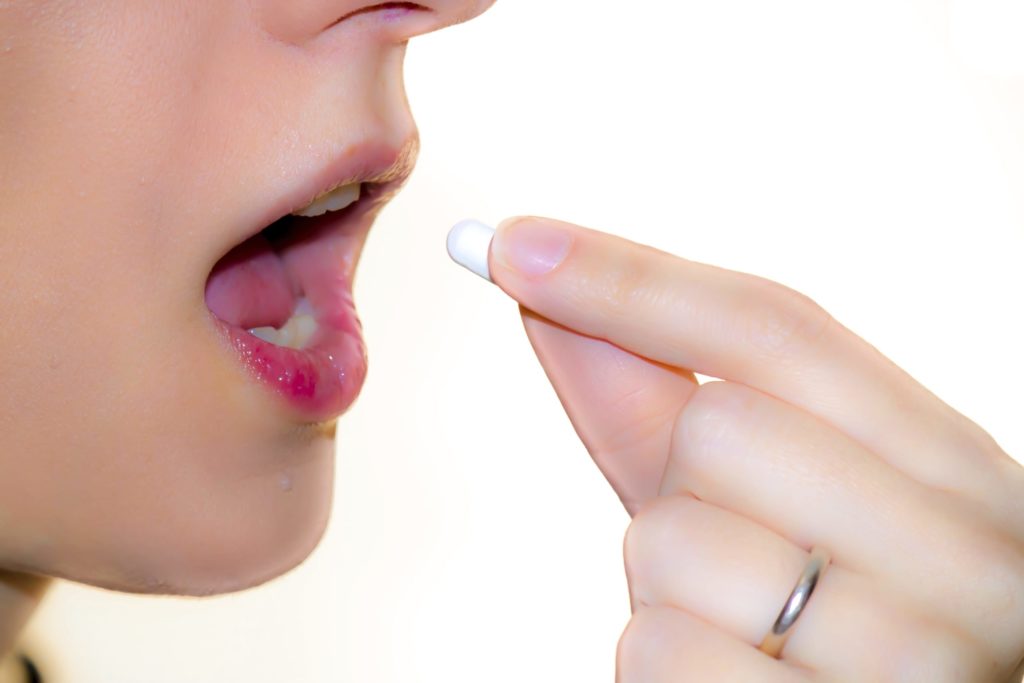A team of American researchers has identified several treatments that can help people recover from various symptoms of an amphetamine overdose or an overdose triggered by an amphetamine-related substance. Amphetamines are powerful stimulants that can produce a range of serious, severe or life-threatening symptoms related to the onset of an overdose. In a study review published in May 2015 in the journal Drug and Alcohol Dependence, researchers from five U.S. institutions sought to identify the most effective medical treatments for people who overdose on amphetamine or substances that belong to the larger amphetamine drug family. These researchers uncovered several potential treatments, each of which has usefulness for the correction of specific overdose symptoms.
Amphetamine and Amphetamine Relatives
Amphetamine is classified as a stimulant because its presence in the brain sharply increases the baseline rate of activity inside the central nervous system (brain and spinal cord). It shares the stimulant designation with other chemically unrelated substances that include cocaine and the attention-deficit hyperactivity disorder (ADHD) medication methylphenidate. It also shares the designation with members of the larger amphetamine family that include the ADHD medication ingredient dextroamphetamine, legally produced pharmaceutical versions of methamphetamine and illegally produced street versions of methamphetamine. In addition to ADHD treatment, amphetamine and its legal relatives have sanctioned uses that include treatment of the sleep disorder narcolepsy and treatment of medically serious cases of obesity that require rapid weight loss. Classic nervous system effects of amphetamine and its chemical relatives include heart rate escalation, blood pressure escalation, increased alertness and reduced susceptibility to fatigue. In many ways, these effects mimic the physical responses associated with the survival-oriented “fight-or-flight” response. With repeated use, all members of the amphetamine family have the ability to change normal function in a brain area called the pleasure center. In turn, lasting and dysfunctional alteration of the pleasure center’s chemical mixture is a key contributor to the onset of physical amphetamine dependence and outright amphetamine addiction.
Amphetamine Overdose
Above a certain threshold of intake, amphetamine and its relatives are toxic to the human body. This is true because overstimulation of the central nervous system can have a highly disruptive impact on the ability to keep several key organ systems within their normal operating parameters. Specific problems found in people experiencing the toxic reaction known as an amphetamine overdose include an irregular heartbeat, an excessively rapid heartbeat, angina (heart-related chest pain), an agitated and/or delirious mental state, an overtly psychotic mental state, convulsions, spikes in body temperature, hemorrhagic stroke and rhabdomyolysis, a condition that degrades healthy muscle tissue and produces tissue breakdown products that can travel through the bloodstream and severely damage kidney function.
Best Overdose Treatments
In the study review published in Drug and Alcohol Dependence, researchers from the University of California Davis, the Northern California VA Medical Center, the University of Texas Health Sciences Center, the University of California San Francisco and Oregon Health Sciences University used a large-scale analysis of several thousand scientific papers to help identify the best medical treatments for people who overdose on amphetamine or a related substance. During this analysis, the researchers used standards issued by the Oxford Centre for Evidence-Based Medicine to assess the effectiveness of specific medication options. In addition, they compared their findings to treatment guidelines issued by the American College of Cardiology Foundation and the American Heart Association. The researchers found support for the use of certain medications as treatments for specific aspects of amphetamine overdose. For example, they found significant evidence supporting the use of benzodiazepine sedatives and newer antipsychotic medications as treatments for amphetamine overdose-related psychosis, agitation and delirium. They also concluded that a medication called dexmedetomidine may have usefulness as a treatment for these overdose symptoms. In addition, the researchers found significant evidence supporting the use of medications called beta-blockers as treatments for amphetamine overdose-related rapid heartbeat and high blood pressure. Medications called calcium channel blockers and alpha-blockers may also help in this context. Overall, the study’s authors note a lack of top-flight research on medical treatments for people who overdose on amphetamine or an amphetamine relative. However, they believe existing research goes a long way toward establishing treatments for certain overdose symptoms. The list of fully recommendable medication options is limited to beta-blockers, benzodiazepine sedatives and newer antipsychotic medications.

